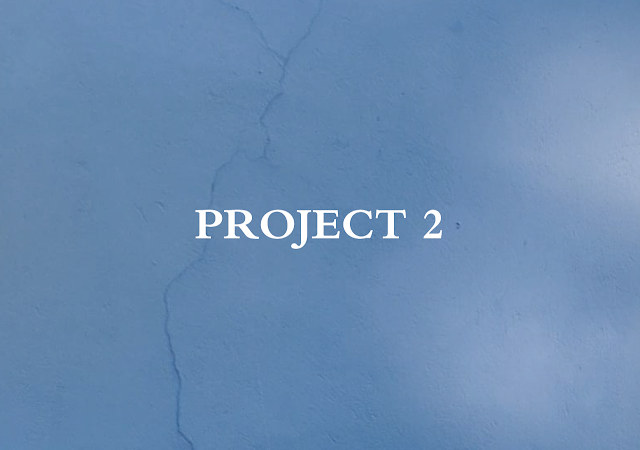INTERCULTURAL DESIGN PROJECT 2
Intercultural Design
Project 2
INSTRUCTIONS
PROJECT 2 - Field Study
PDF of Bangkok Iterinery
My groupmates and I were hoping to meet Mama Ning as she is the owner of most “Luk Thep” dolls that exist today. We stumbled across this article which sparked the idea of collecting data at her house itself as there is a lot of things we could document.
 |
| Interview with Mama Ning |
However, we could not find any information about where she lived which made things frustrating as we were hoping to capture footage of all the dolls and interview her. Ms. Jinchi mentioned that we do not have to necessarily go to her house and that we can make note of other objects that are also worshipped as it connects to our superstitious approach.
Turning point
We visited Bangkok University and all groups were encouraged to share their projects with the teachers and students and I am relieved that we did that because we got some constructive criticism which completely changed our whole approach. The teachers there said that our topic is just a silly trend by some Thai people and that it does not represent Thailand as a whole, hence Ms. Jinchi suggested that we should change our topic and go into a more historical direction regarding hermits of Thai culture.
We visited Bangkok University and all groups were encouraged to share their projects with the teachers and students and I am relieved that we did that because we got some constructive criticism which completely changed our whole approach. The teachers there said that our topic is just a silly trend by some Thai people and that it does not represent Thailand as a whole, hence Ms. Jinchi suggested that we should change our topic and go into a more historical direction regarding hermits of Thai culture.
At first, my groupmates and I were unsure what a hermit was and we used that as inspiration to question why hermits aren’t talked about or mentioned as much as monks, as it was the first time we heard of such a person.
After some preliminary research, we found that a hermit is a person who lives in solitude and seclusion from society, usually focusing on spiritual healing and meditation.
 |
| Thai hermit |
After some preliminary research, we found that a hermit is a person who lives in solitude and seclusion from society, usually focusing on spiritual healing and meditation.
Working under the time constraint was hard as it felt like we were back to square one at the end of the trip. Despite such a set back, we were motivated to get back on track and meet the deadline.
We were given 2 hours to visit Wat Pho temple, which exhibited lots of statues of hermits and yogis and were able to take a lot of pictures of them. The temple was crowded with tourists and hence all the tour guides were busy, which made it even more stressful to find the statues as we did not know our way around or have much information about these Thai hermits. Our time was running up and we still could not find someone to answer our lingering questions and we started to get a little demotivated.
 |
| Lersi /Yogis |
Luckily, right at the last minute, we managed to get an interview with an ex monk named Yos, who helped clear some of our misunderstandings up.
 |
| Yos - Interviewee |
According to Yos, Lersi, Ruesi and Yogis are all the same thing, they just different names given to Lersi hermits. This information helped as we were confused by all the different names when we were researching online the night before. We also thought that hermits were more "powerful" than monks but Yos said that is not the case and that they are equal.
Here is the interview video.
Here is the interview video.
Since we were fortunate enough at the end of our trip, we managed to come up with a new and improved proposal by the given due date.
First draft
Final proposal
Final proposal
We took a storytelling approach and this was inspired by our own confusion when hearing about hermits and Lersi which brings up the problem that these are not as recognized and popular as monks are. We found that the main reason for this is that the Lersi tradition is slowly being forgotten thus, in our opinion, a storytelling approach would be ideal to make others educated on the importance of Lersi and give them the recognition that they have not been getting.






Comments
Post a Comment